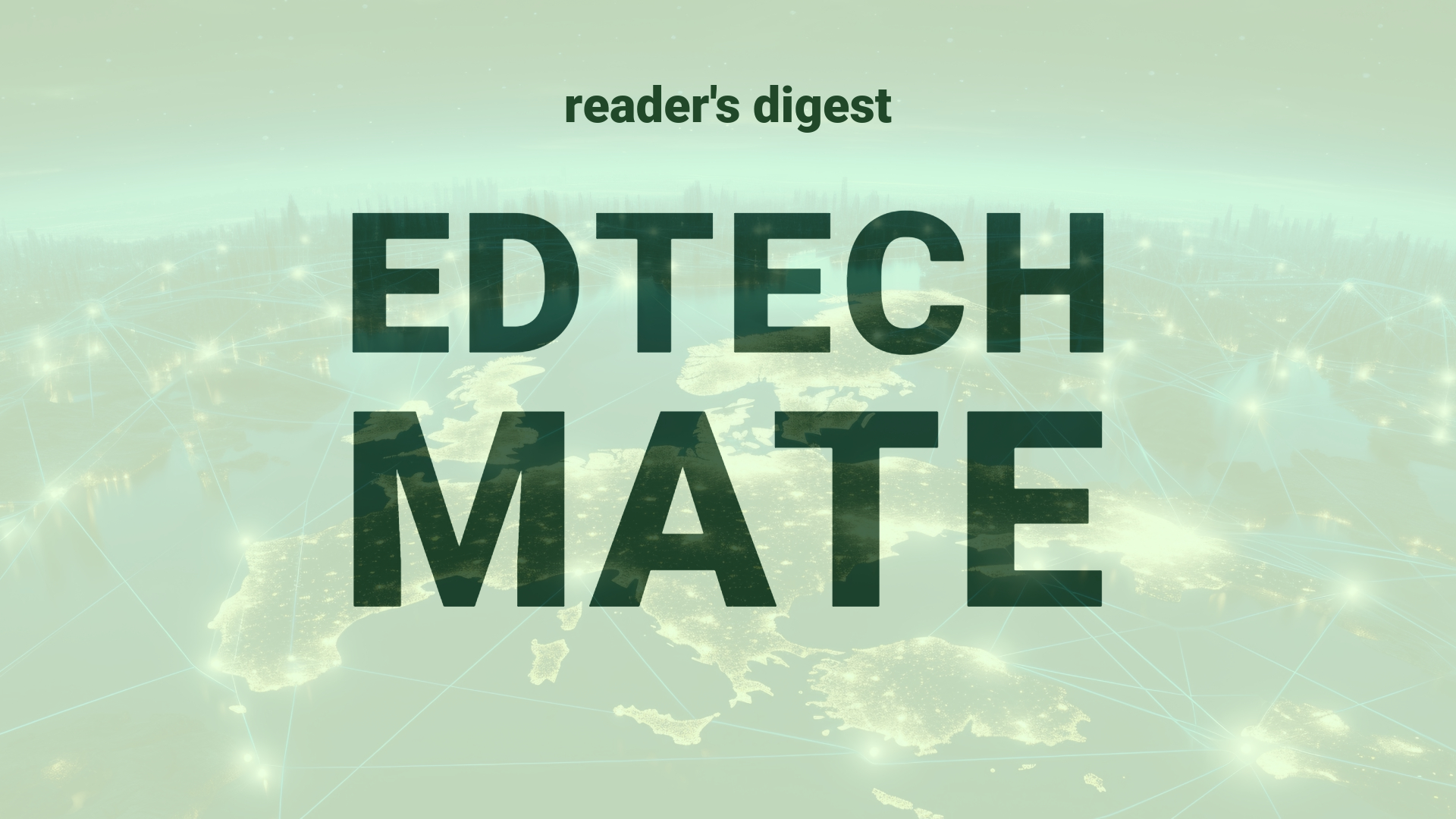Executive Summary and Main Points
Generative AI (gen AI) is poised to significantly alter the future of work globally, with substantial impact witnessed throughout 2023. OpenAI’s valuation surged to $80 billion, and 13 AI start-ups achieved unicorn status highlighting this technology’s burgeoning relevance. Rapid adoption rates, as evidenced by ChatGPT’s user growth, and the ubiquity of the term “hallucinate” in technical lexicon, further underscore the proliferation of gen AI. Key trends reveal generative AI’s growing influence across various industries, with early adoption seen in legal, customer service, marketing, and software engineering. The technology’s general-purpose nature and democratization of access are crucial traits fueling adoption. Singapore, represented by IMDA, has been proactive in embracing this change through robust AI strategies, focusing on infrastructure development and talent readiness, fostering collaboration, and building frameworks for responsible AI use.
Potential Impact in the Education Sector
Developments in gen AI could revolutionize Further Education, Higher Education, and Micro-credentials by enabling personalized learning, automating administrative tasks, and creating new learning models. The strategic partnership between companies and educational institutions might lead to an adaptive curriculum that can more closely align with real-world applications. Additionally, through digitalization, gen AI could help scale high-quality educational resources globally, providing wider access to specialized knowledge and competencies. This transition demands that educational leadership strategically invest in creating ecosystems capable of integrating these advances effectively.
Potential Applicability in the Education Sector
Innovative applications of gen AI and digital tools could include AI-powered tutoring systems, content generation for customized learning materials, and virtual labs for hands-on learning experiences. There’s also potential for AI to assist in research analysis and grant writing, enhancing productivity and potentially transforming pedagogical frameworks. Adoption of gen AI also could support broader and more efficient recognition of Micro-credentials, facilitating lifelong learning paths and enhancing global mobility for students and professionals.
Criticism and Potential Shortfalls
Despite the optimistic outlook, gen AI in education may face criticisms such as potential job displacement, quality control issues, and the cultural and ethical implications of AI-generated content. Comparative international case studies reveal disparity in the adoption and impact of gen AI across different regions, likely influenced by varying access to technological infrastructure and investment. Concerns around deepfakes, misinformation, and data privacy also necessitate the establishment of rigorous ethical standards and regulatory frameworks to ensure responsible application within the sector.
Actionable Recommendations
For effective implementation of gen AI technologies, it is recommended that education leaders pursue collaborative frameworks, harnessing the potential of private-public partnerships. An emphasis on infrastructure readiness and the development of systematic reskilling and upskilling programs for educators is advised. As gen AI technologies are integrated, institutions should establish AI ethics committees and continually assess the socio-cultural implications of their use. Furthermore, engaging with international models of AI governance can provide strategic insights, ensuring educational institutions remain at the forefront of innovation while safeguarding against misuse and embracing global best practices.
Source article: https://www.mckinsey.com/sg/our-insights/generative-ai-and-the-future-of-work-a-singapore-perspective

